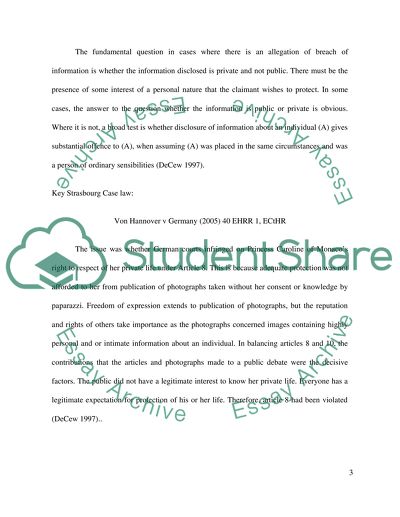Cite this document
(“LAW Essay Example | Topics and Well Written Essays - 1000 words”, n.d.)
Retrieved from https://studentshare.org/other/1397362-law
Retrieved from https://studentshare.org/other/1397362-law
(LAW Essay Example | Topics and Well Written Essays - 1000 Words)
https://studentshare.org/other/1397362-law.
https://studentshare.org/other/1397362-law.
“LAW Essay Example | Topics and Well Written Essays - 1000 Words”, n.d. https://studentshare.org/other/1397362-law.


